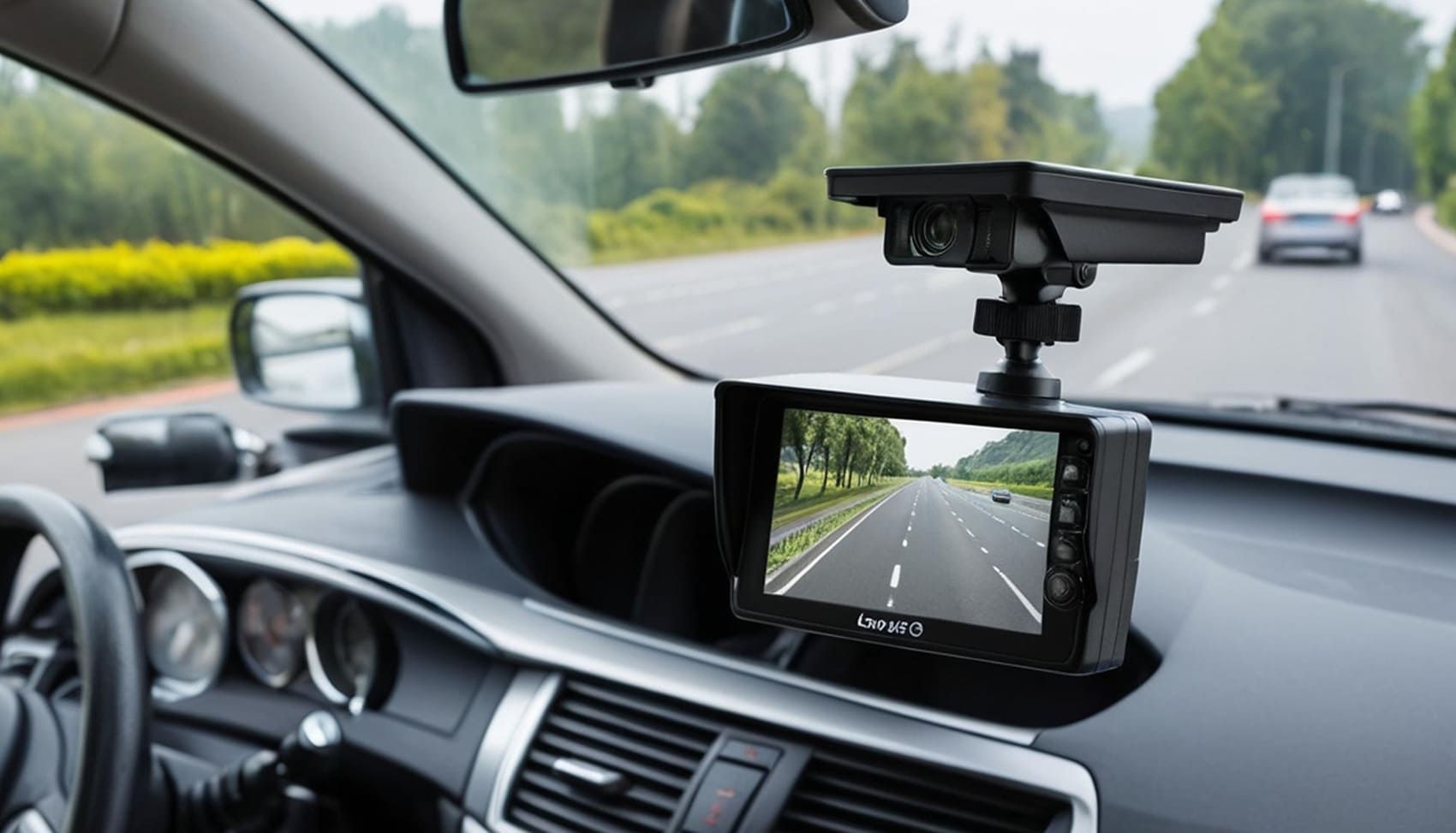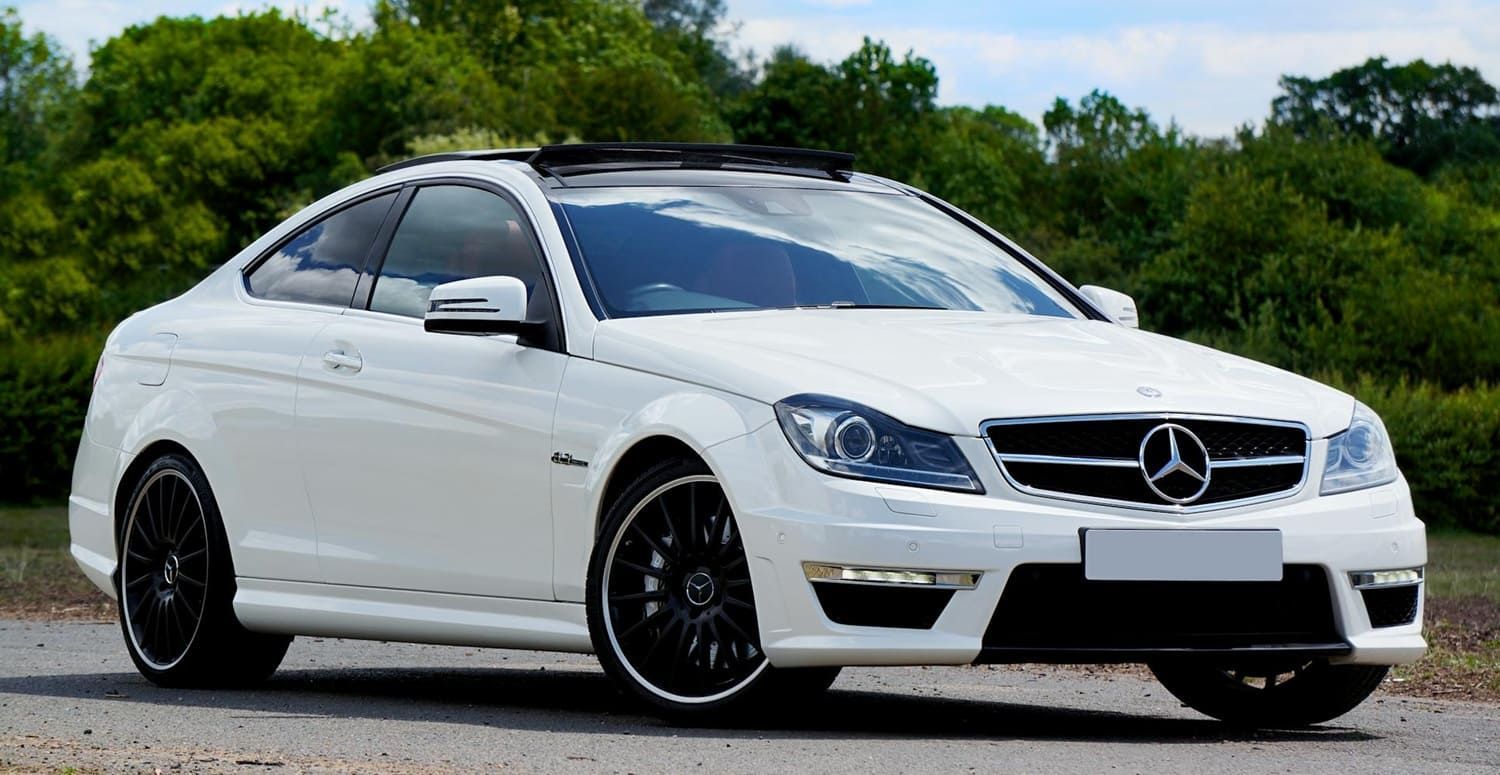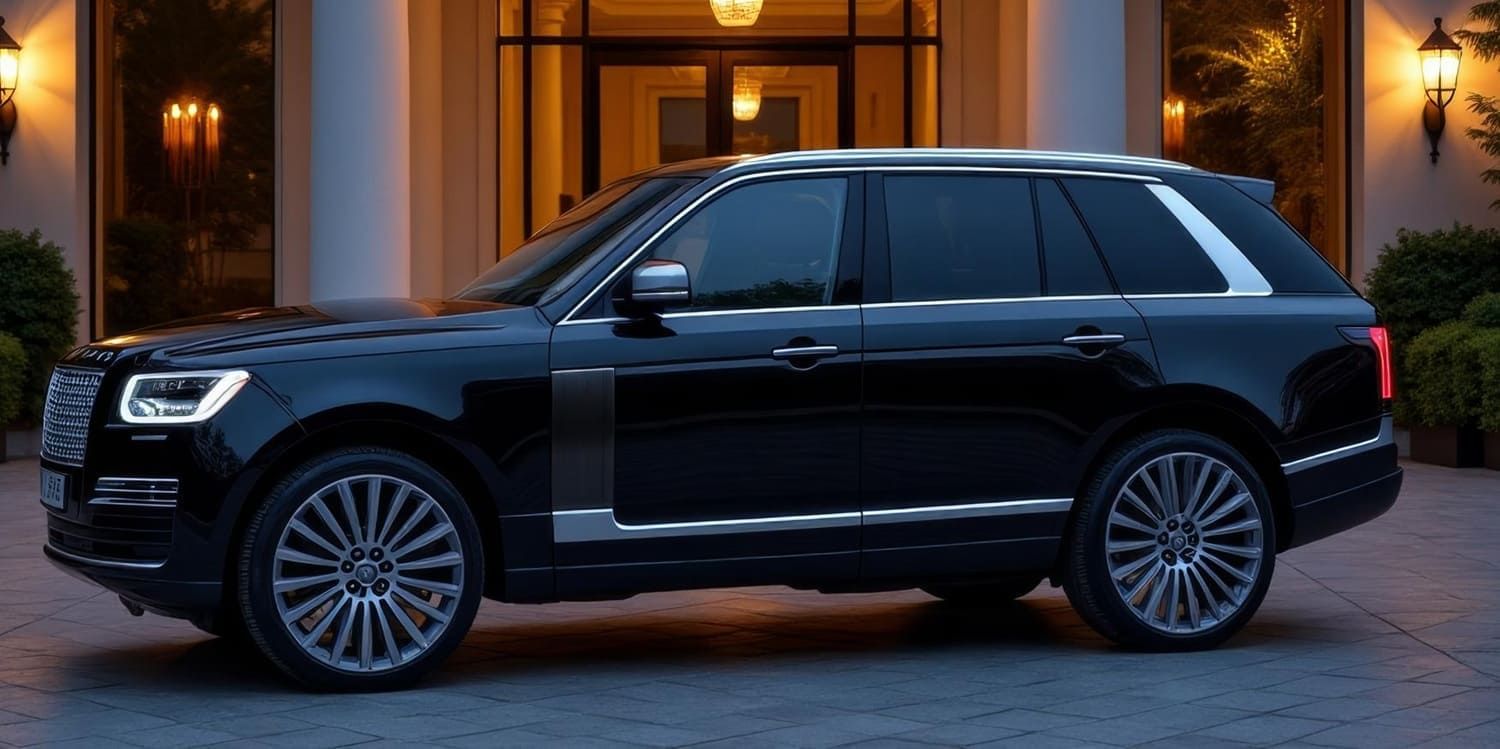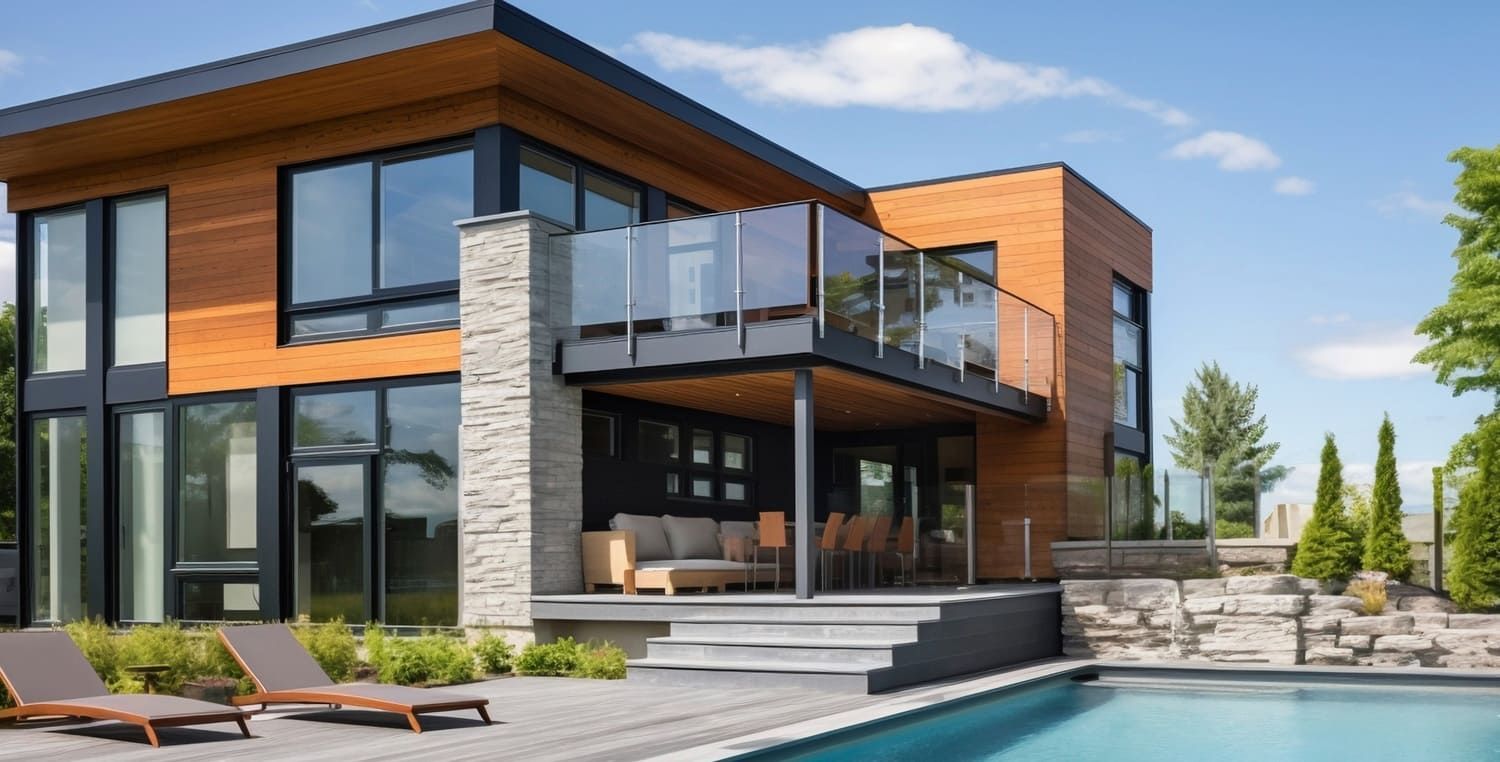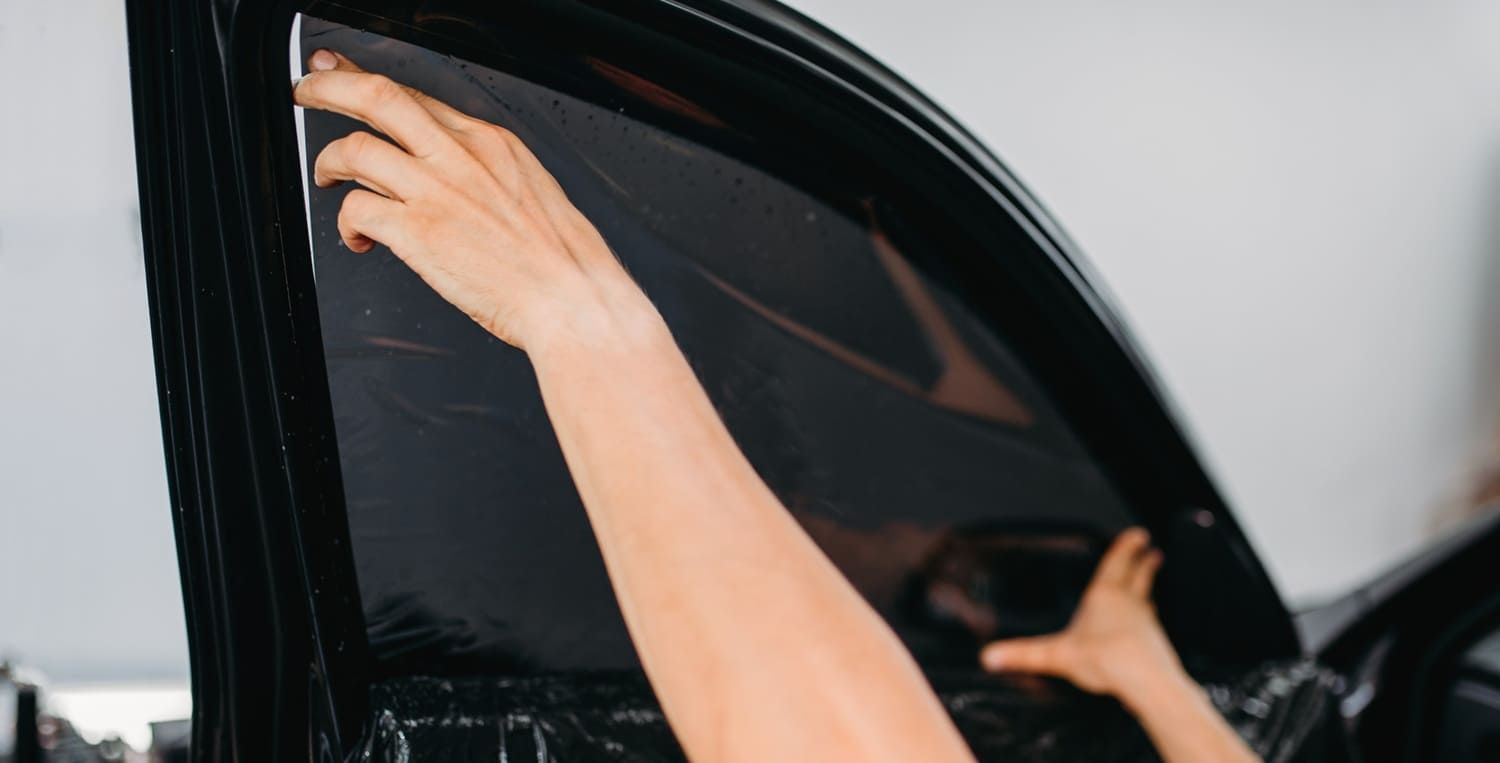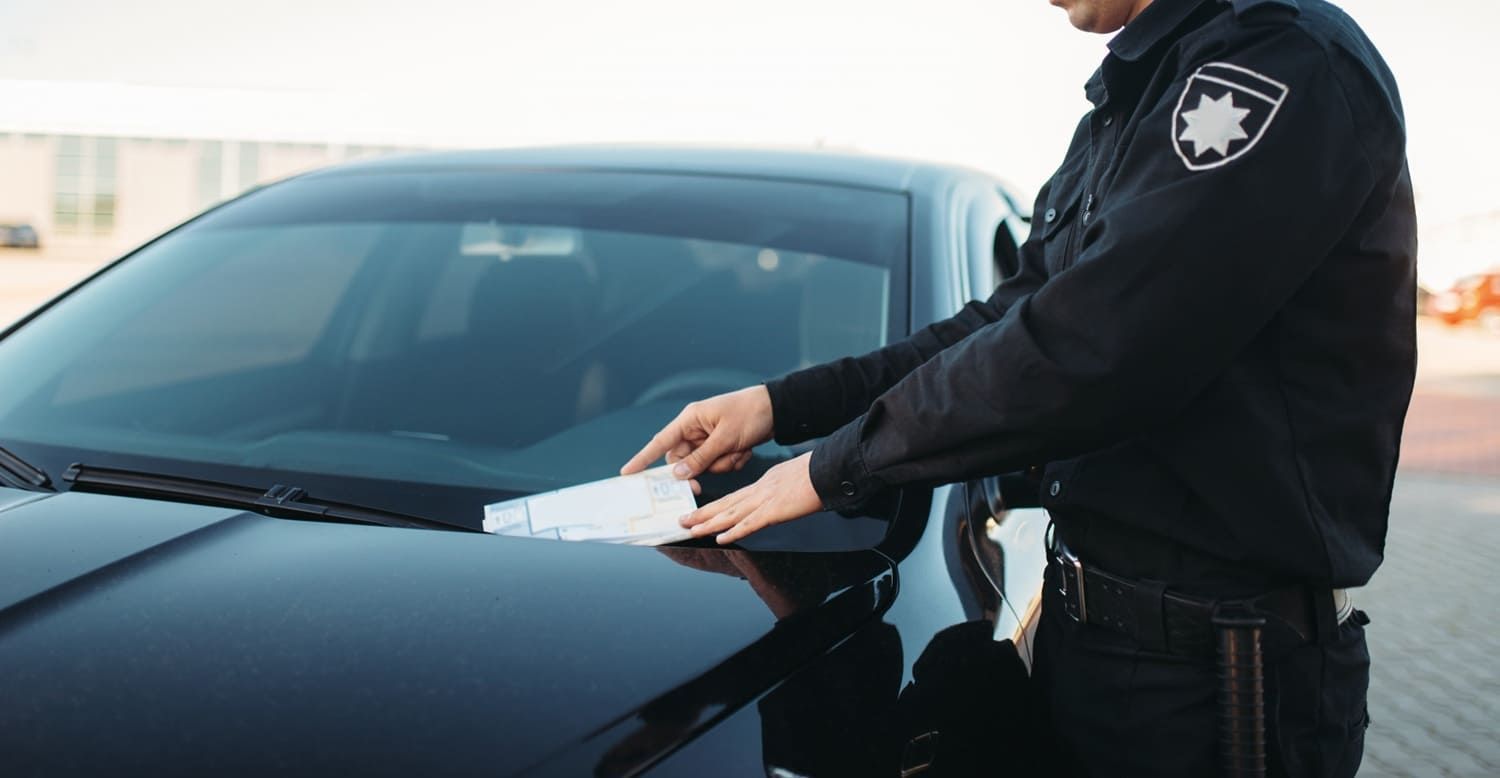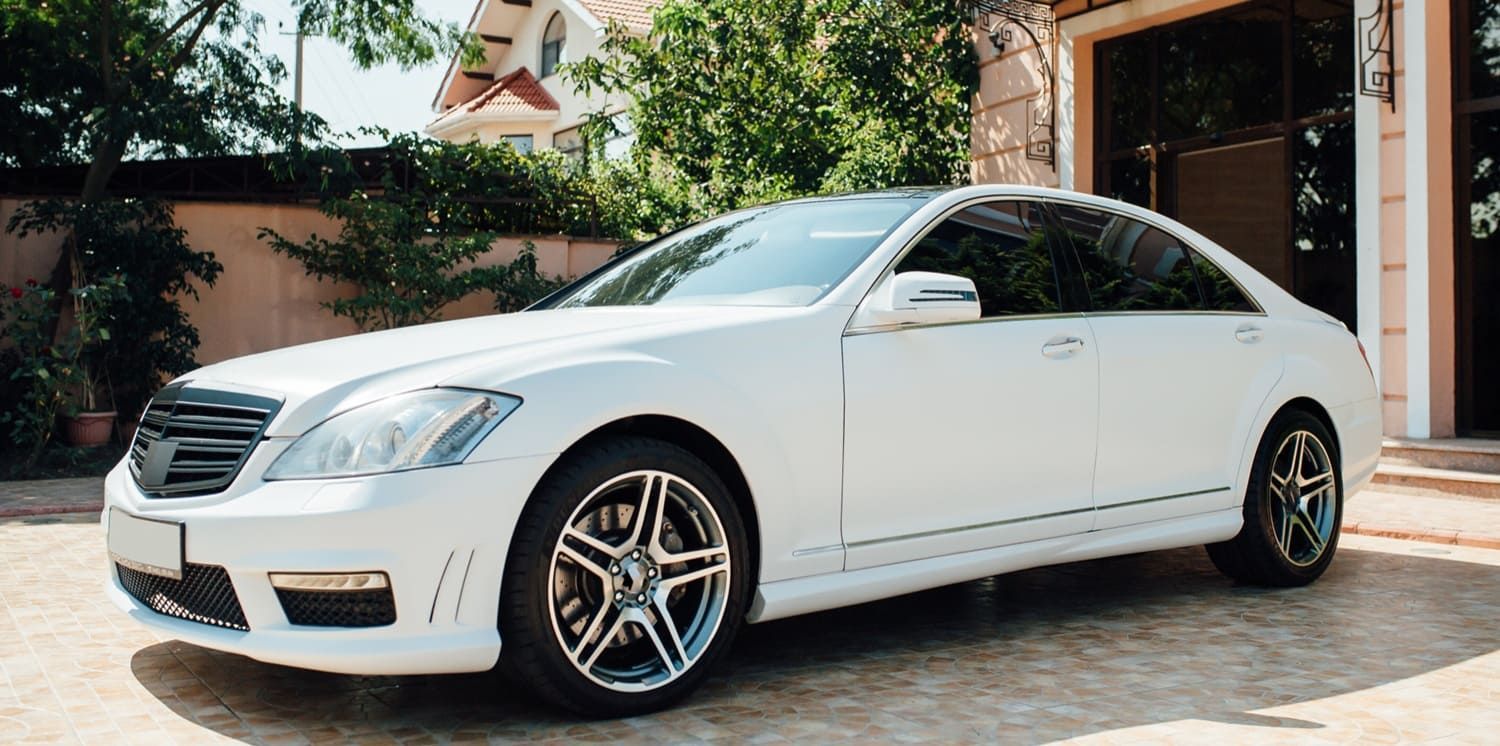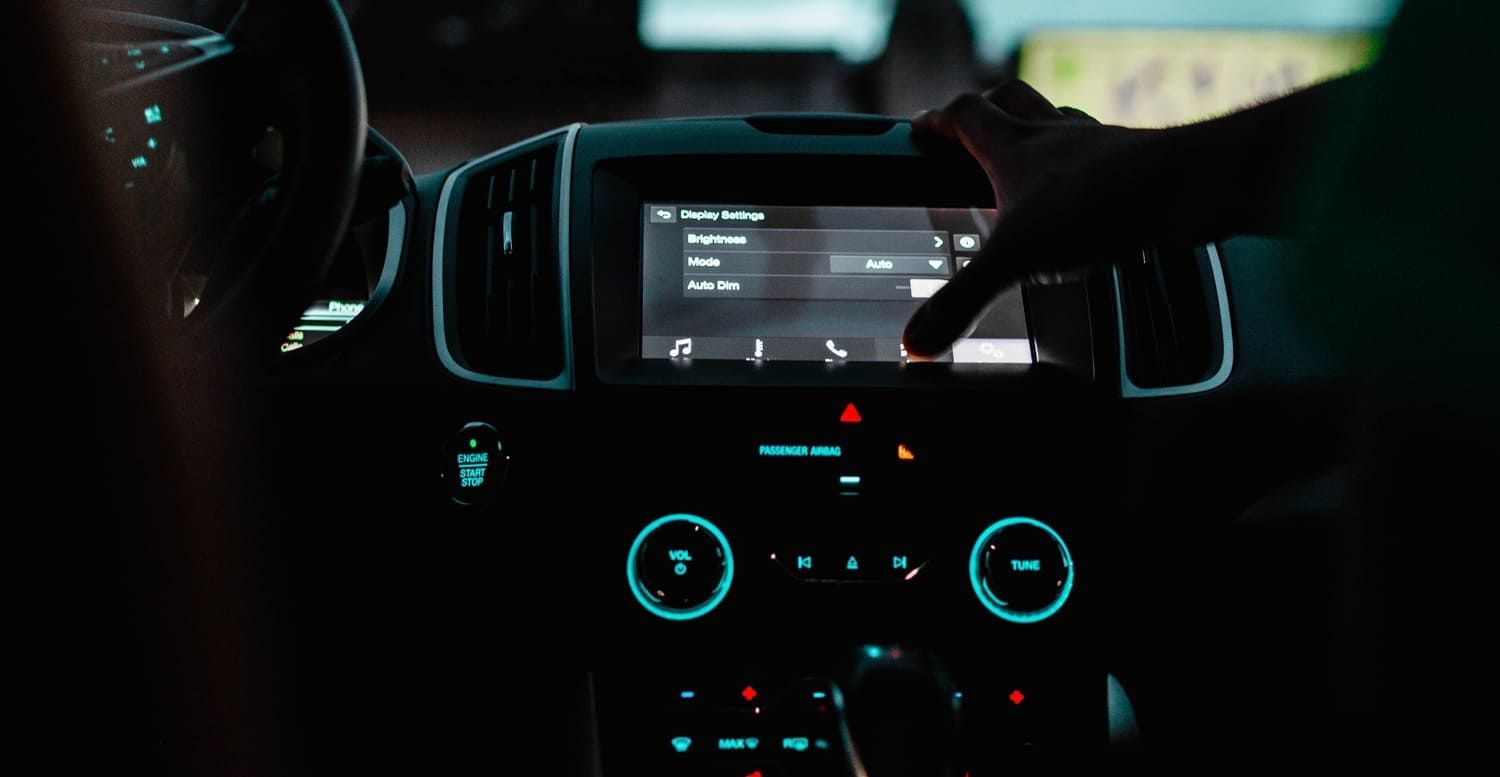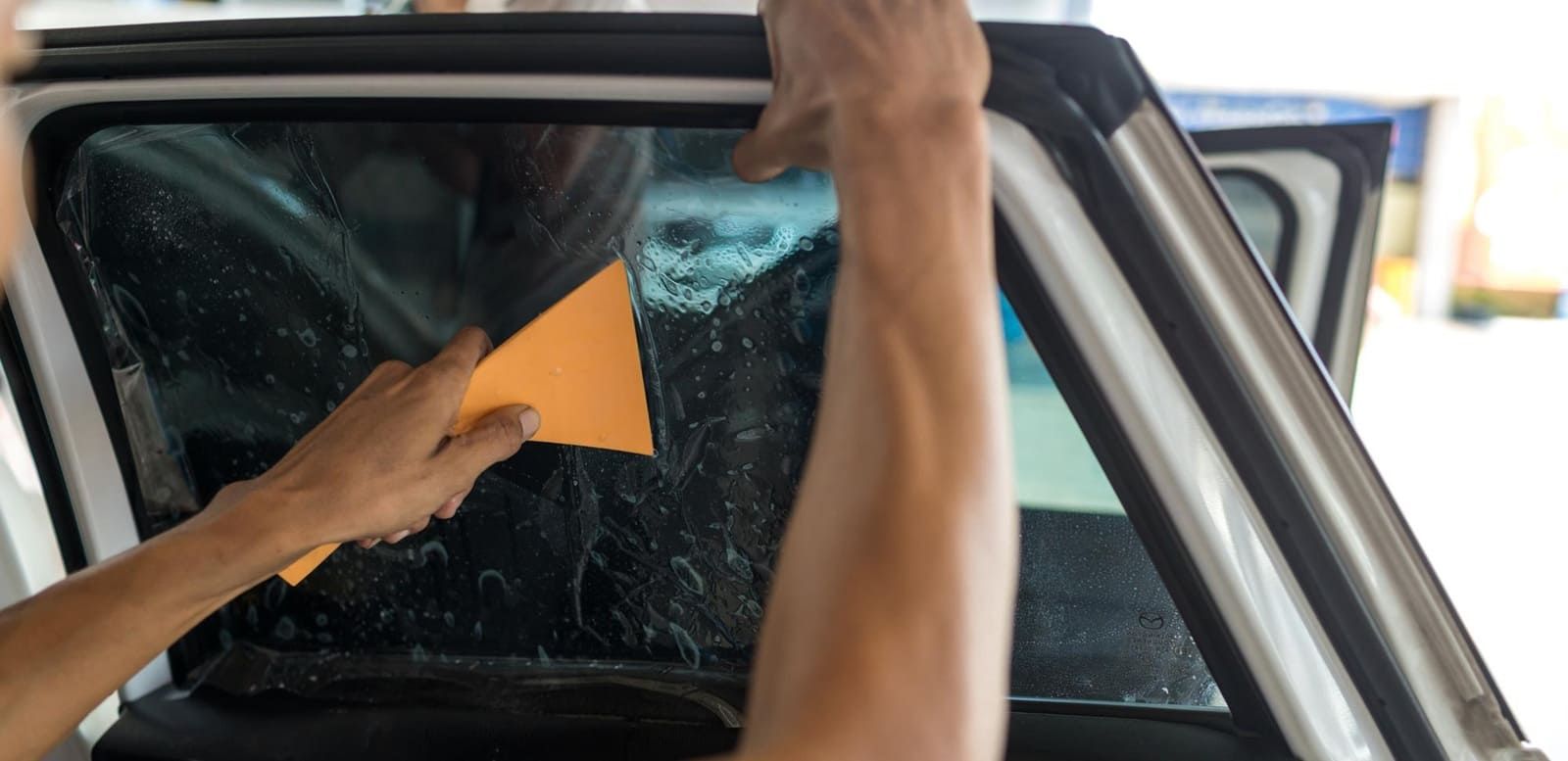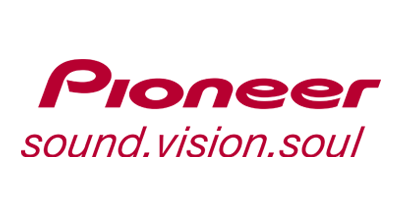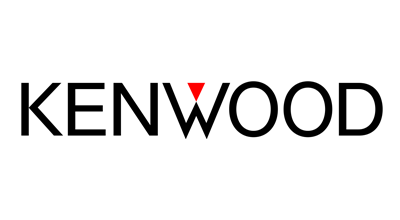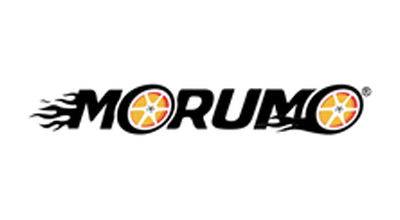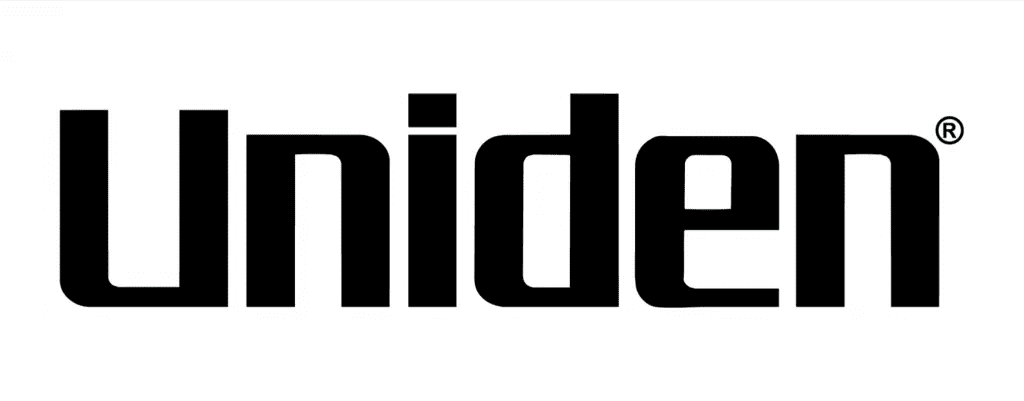Can I Still Use My Phone and GPS With Window Tint?
If you've recently tinted your car windows or are considering it, you might be wondering about the potential impact on your phone and GPS functionality. Car window tinting is a popular choice for many, offering benefits like enhanced privacy, UV protection, and a cooler interior. However, concerns about window tint and phone GPS compatibility are common. Let's dive into whether window tint affects cell phone reception and what you should know before visiting a car window tinting service near you.
Before addressing compatibility concerns, it's essential to understand the different types of window tints available. Not all tints are created equal, and their composition can affect electronic devices differently. Knowing the types helps you make an informed decision tailored to your needs.
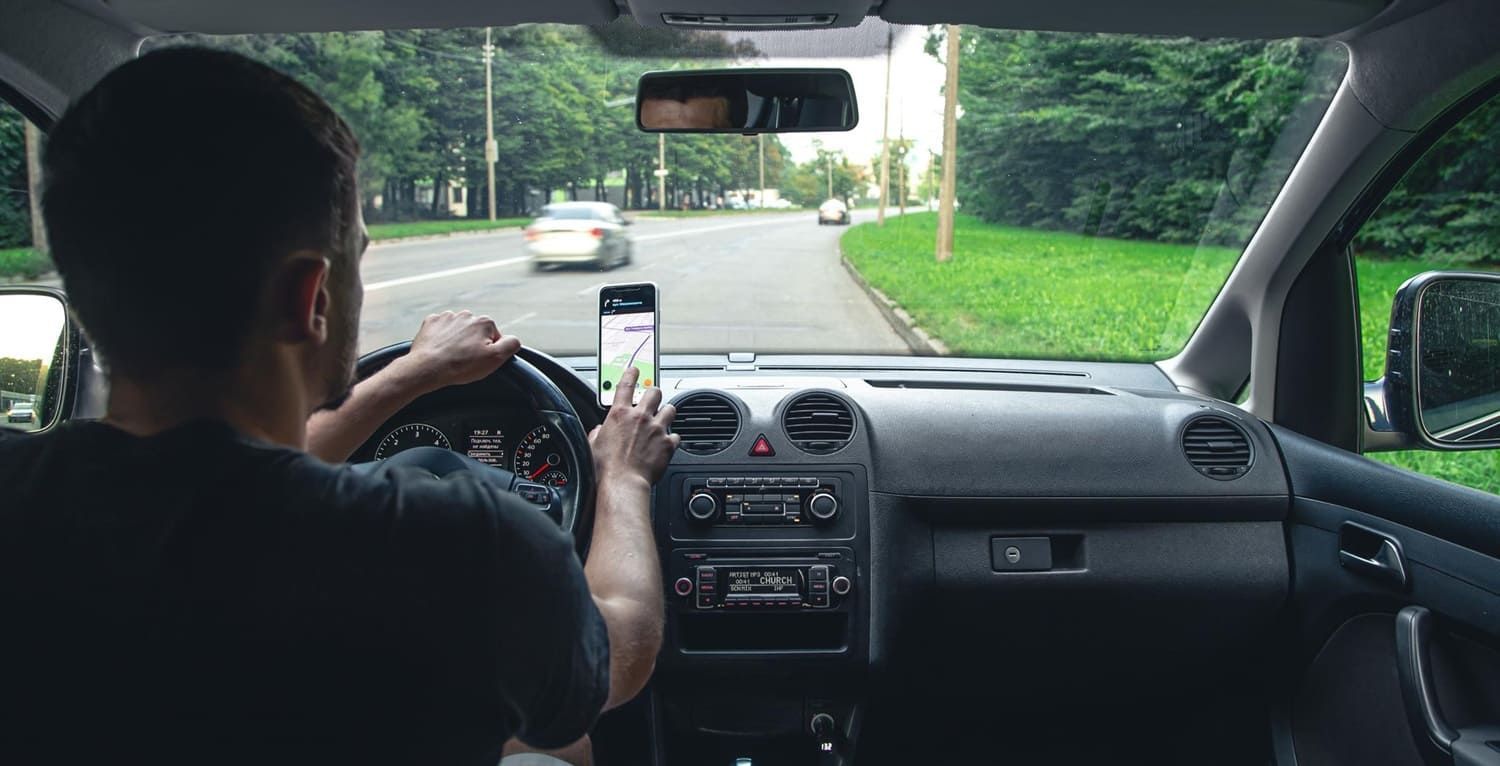
Dyed Window Tint
Dyed window tint is the most affordable option. It uses a layer of dye between an adhesive layer and a protective top coating. While it provides a darker appearance, it doesn't interfere with electronic signals. This makes dyed tints a popular choice for those primarily seeking privacy and aesthetics.
Dyed tints also offer a moderate level of heat reduction, though not as effective as other types. They are less durable than ceramic or carbon tints, potentially leading to fading over time. However, their cost-effectiveness remains appealing for budget-conscious consumers.
Metalized Window Tint
Metalized window tint contains tiny metallic particles that reflect heat and darken the windows. However, the metal particles can interfere with electronic signals, potentially affecting phone and GPS functionality. This interference is more pronounced in areas with weak signals.
The primary advantage of metalized tints is their superior heat reduction capabilities. They effectively block UV rays and add structural strength to windows. Despite these benefits, potential signal interference often deters tech-savvy consumers from choosing this option.
Carbon Window Tint
Carbon window tint is a step up from dyed tint. It offers better UV protection and doesn't contain metal, making it a better choice for avoiding interference with electronic devices. Carbon tints are known for their sleek matte finish, enhancing the aesthetic appeal of your vehicle.
Beyond aesthetics, carbon tints provide excellent insulation properties, helping maintain cooler interior temperatures. They are more durable than dyed tints and do not fade easily, making them a long-term investment. For those balancing performance and appearance, carbon tints are an excellent choice.
Ceramic Window Tint
Ceramic window tint is the highest quality option available. It uses ceramic particles instead of metal or dye, providing excellent heat and UV protection without affecting electronic signals. These tints are known for their clarity and non-reflective properties, ensuring clear visibility at all times.
Ceramic tints offer unparalleled durability and resistance to fading, making them a premium choice. They significantly reduce glare while maintaining signal integrity, ideal for those who rely heavily on electronic devices. Although pricier, the benefits of ceramic tints often justify the cost for discerning consumers.
Does Window Tint Affect Cell Phone Reception?
One of the primary concerns with window tinting is whether it will affect cell phone reception. The answer depends largely on the type of tint used. As mentioned, metalized window tints can interfere with signal reception due to the metallic particles in the film. This can cause a noticeable difference in areas with already weak signals.
In contrast, dyed, carbon, and ceramic tints do not contain metal and therefore do not interfere with cell phone reception. If maintaining strong cell phone signal strength is crucial for you, opting for non-metallic tint options is advisable. Understanding the trade-offs between cost, aesthetics, and functionality can help guide your choice.
Additionally, it's worth considering the environment in which you typically use your vehicle. In urban areas with strong signal coverage, the impact of metalized tints may be minimal. However, in rural or mountainous regions, non-metallic tints are a safer bet to ensure uninterrupted communication.
How Window Tint Can Affect GPS Signals
The GPS systems in vehicles rely on signals from satellites. Like cell phone signals, these can also be disrupted by metallic window tints. If you're using a GPS device or a smartphone for navigation, metallic tints can lead to slower signal acquisition and less accurate positioning.
Tips to Improve GPS Performance
- Choose the Right Tint: Opt for dyed, carbon, or ceramic tints that do not interfere with GPS signals. These options ensure that your navigation remains precise and reliable, crucial for frequent travelers.
- External GPS Antennas: Consider using an external GPS antenna, which can be mounted outside the vehicle to improve signal reception. This can be an effective solution for those who prefer the benefits of metalized tints but require reliable GPS functionality.
- Update Maps and Software: Regularly update your GPS device's software and maps to ensure optimal performance. Staying current with updates can mitigate some issues caused by signal interference, ensuring your GPS remains accurate.
- Positioning Devices Properly: Ensure that your GPS device is placed in a location with minimal obstructions, such as the dashboard, to enhance signal reception. Proper placement can sometimes make a significant difference in performance.
Other Factors to Consider When Tinting Your Windows
While signal interference is a significant consideration, it's not the only factor to weigh when deciding on window tinting. A holistic approach ensures that you select the tint that best suits your needs and complies with legal standards.
Legal Regulations
Window tinting laws vary by state and country. It's essential to ensure that your tint complies with local regulations regarding the allowable darkness levels and reflectivity. Non-compliance can result in fines and the need to remove or replace the tint.
Legal restrictions often dictate the maximum allowable tint darkness on side and rear windows. Familiarize yourself with these laws to avoid unnecessary penalties. Consulting with a professional tinting service can help ensure your choices align with legal requirements.
UV Protection
One of the key benefits of window tinting is UV protection. Quality tints can block up to 99% of harmful UV rays, protecting your skin and reducing the risk of interior fading in your vehicle. Even if phone and GPS compatibility are your primary concerns, don't overlook the importance of UV protection.
UV rays can cause long-term damage to both your skin and your vehicle's interior. Tints that offer robust UV protection can preserve your car's upholstery and dashboard, maintaining its aesthetic appeal. Investing in UV-blocking tints is a proactive step toward long-term vehicle maintenance.
Privacy and Aesthetics
Window tinting can enhance the appearance of your vehicle, giving it a sleek, stylish look. Additionally, it provides privacy by reducing the visibility into your car from the outside.
Privacy is a significant factor for many vehicle owners, especially those who frequently travel with valuables. Tints that obscure the view into your vehicle can deter potential thefts. The aesthetic enhancement provided by tints also adds a personal touch, allowing you to express your style.
Heat Reduction
Tints can significantly reduce the heat inside your vehicle, making it more comfortable during hot weather and potentially decreasing the need for air conditioning. This can lead to better fuel efficiency over time.
Heat reduction is not only about comfort but also about energy efficiency. By reducing reliance on air conditioning, tinted windows can contribute to lower fuel consumption, saving you money in the long run. In regions with extreme temperatures, this benefit becomes particularly valuable.
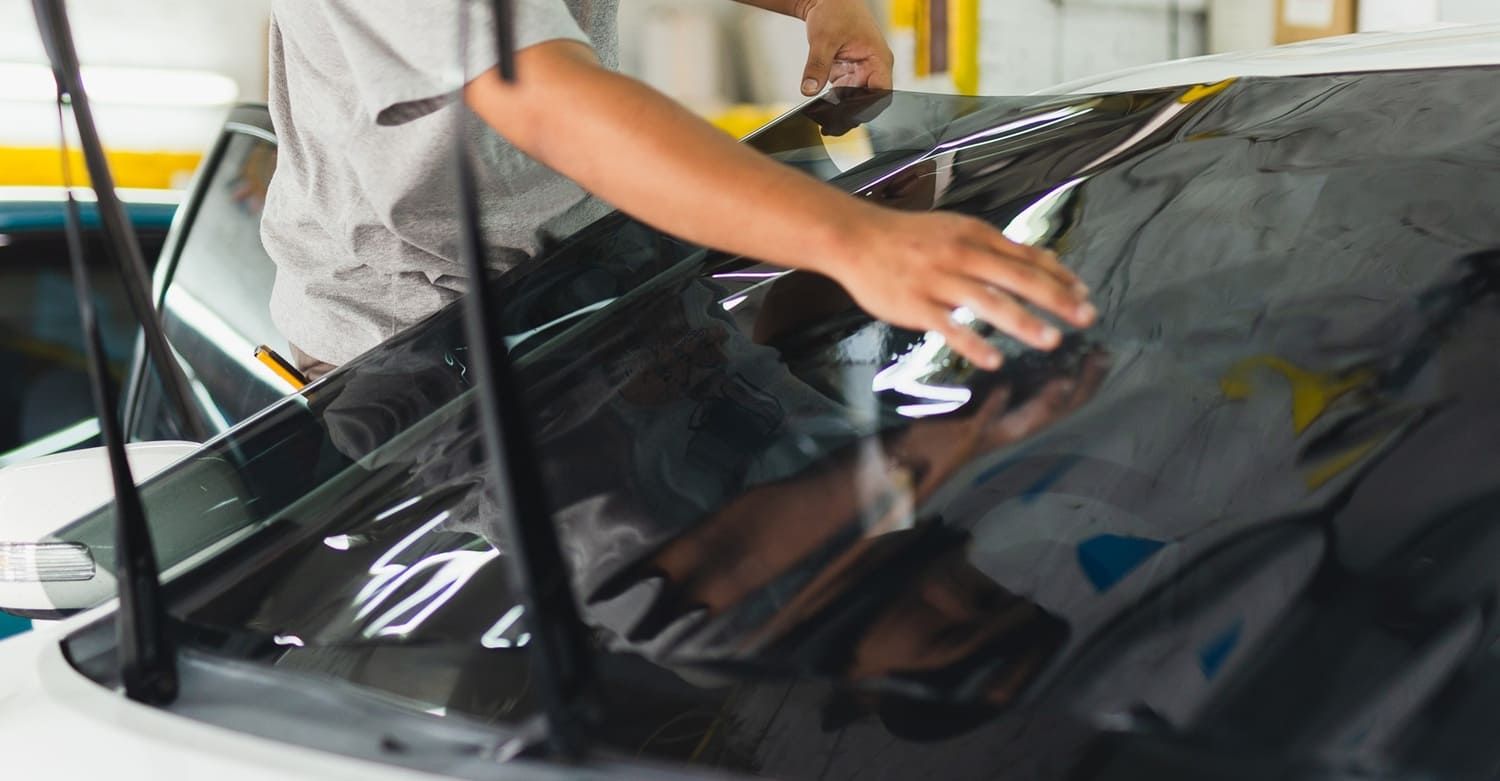
Choosing the Right Car Window Tinting Service
If you're convinced that window tinting is the right choice for your vehicle, the next step is finding a reliable "car window tinting near me". Here are some tips for selecting the right service:
- Research and Reviews: Look for reviews and testimonials from previous customers to gauge the quality of service. A service with consistently positive feedback is likely to deliver satisfactory results.
- Experience and Expertise: Choose a provider with significant experience and expertise in window tinting. An experienced technician will know how to apply the tint correctly without damaging your vehicle.
- Warranty: A reputable service will offer a warranty on both the tint and installation. This ensures that you're covered in case of bubbling, peeling, or discoloration. A warranty reflects confidence in the quality of work provided.
- Product Range: Opt for a service that offers a variety of tint options so you can choose the best one for your needs. A diverse selection allows you to tailor your choice to your specific requirements, whether they be aesthetic, functional, or budgetary.
Final Thoughts
In conclusion, window tinting does not necessarily mean you have to compromise on phone and GPS functionality. By choosing the right type of tint, such as dyed, carbon, or ceramic, you can enjoy the benefits of tinted windows without affecting electronic signals. Always consider legal regulations, UV protection, privacy, and heat reduction when selecting your window tint. By doing so, you'll ensure that you make the best decision for your vehicle and lifestyle.
At BOCA TINT & AUDIO — the best window tinting installers serving Boca Raton, FL — we specialize in providing expert installations that deliver maximum performance without signal interference. Contact us today for a free estimate and enjoy the perfect balance of comfort, privacy, and connectivity.
FAQs About Using GPS and Cell Signals with Window Tint
Does window tint affect my phone signal?
In most cases, standard window tint does not affect cell signal. However, certain metallic or reflective tints can block or interfere with signals, especially if applied to all windows including the windshield.
Will GPS work normally with tinted windows?
Yes, GPS generally works through tinted windows. But metallic or ceramic-based films with high reflectivity may slightly weaken GPS accuracy in some vehicles. Choosing a non-metallic, signal-friendly tint is key if you rely on navigation often.
Which type of tint is safest for signal strength?
Non-metallic tints like dyed or carbon films are ideal for preserving signal strength. Ceramic tints are also a top choice because they block heat and UV without interfering with phone, GPS, or radio signals.
Can window tint affect Bluetooth connectivity?
Metallic-based tints might cause mild interference with Bluetooth connections, especially in older vehicles with less powerful internal antennas. High-quality ceramic tints generally pose no issues with wireless connections.
Is it legal to tint all windows including the windshield?
Most states restrict tinting on the windshield, allowing only a strip at the top. Applying heavy or reflective tint beyond legal limits can not only affect visibility but may also disrupt signal reception and violate local laws.
How can I avoid signal issues with tint?
To avoid problems, choose a high-quality non-metallic tint from a reputable brand and have it installed by a professional. This ensures maximum clarity, compliance, and signal performance.
Are there tint brands known for being signal-friendly?
Yes, many professional installers recommend signal-safe ceramic films that block heat and UV without affecting devices. LLumar and similar premium brands offer options designed specifically for modern vehicles.
Who can I trust to install a signal-safe window tint?
At BOCA TINT & AUDIO, we specialize in advanced, signal-friendly window tinting for phones, GPS, and Bluetooth systems. With three convenient locations and expert installers, we’ll ensure you stay connected and protected. Call us today at (561) 613-0353 for a free quote.



